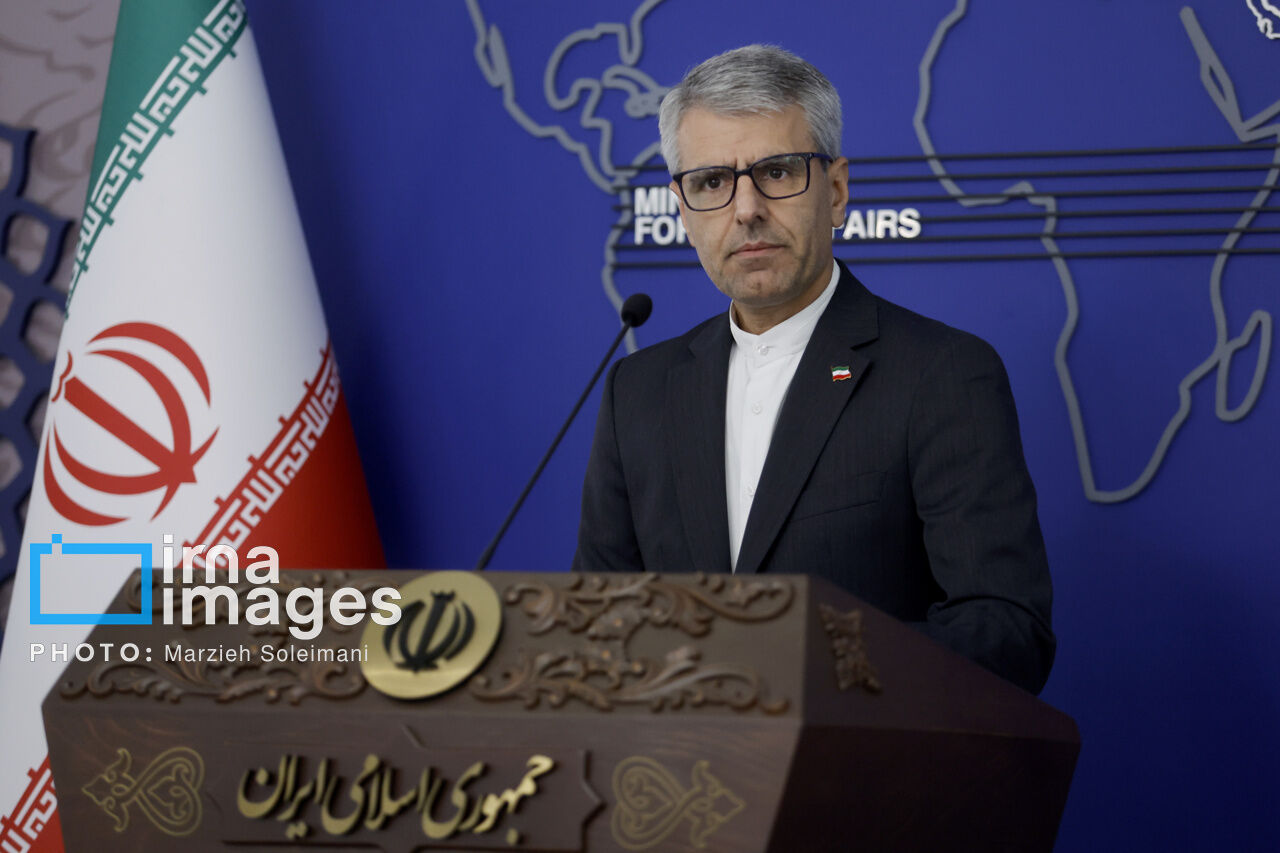
Similar Posts
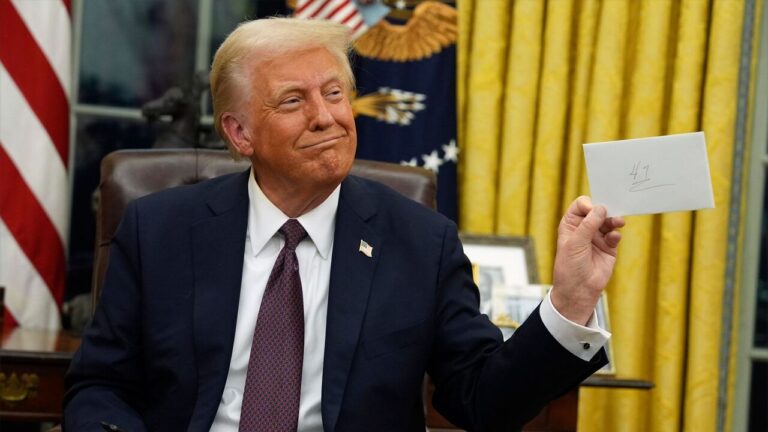
Trump Signals Potential Diplomatic Shift: Is Iran Ready for Dialogue?
U.S. President Donald Trump may be shifting his approach towards Iran, signaling a willingness for diplomatic engagement, contrasting his previous maximum pressure strategy. Key developments include the appointment of Middle East envoy Steve Witkoff to oversee Iran relations and his advocacy for resolving nuclear disputes diplomatically. Trump has also reduced security for former anti-Iran officials, indicating a departure from hardline policies. However, Trump denied direct communication with Iran through Witkoff, raising questions about the depth of this shift. While Iran’s leadership shows openness to negotiations, trust remains a concern due to past U.S. actions, particularly the withdrawal from the 2015 nuclear deal.
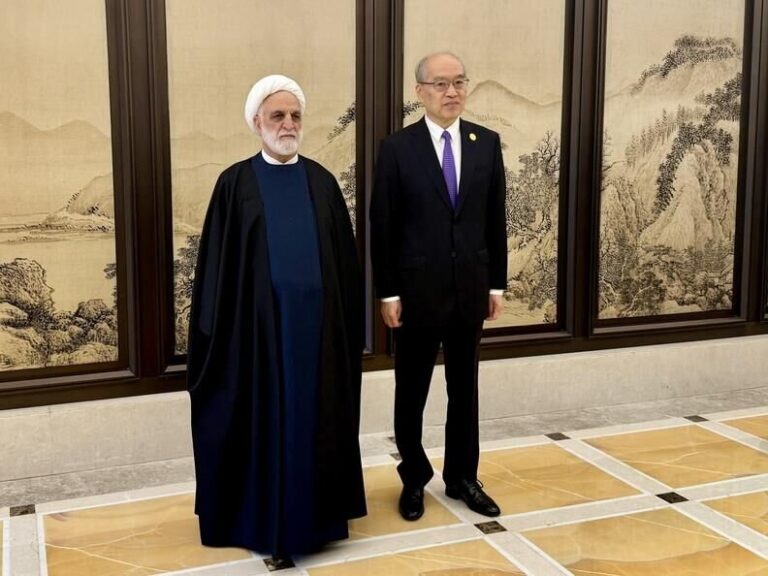
Judiciary Chief Strengthens Ties with Chinese Counterpart in Landmark Meeting
Judiciary Chief Qolam-Hossein Mohseni-Ejei is in China for a judicial forum with Shanghai Cooperation Organization (SCO) member states. He criticized Western narratives on global issues like terrorism and human rights, urging nations to unite against double standards and external pressures. Emphasizing judicial collaboration, he called for enhanced legal frameworks to combat terrorism, organized crime, and cybercrime. He condemned Israel’s actions in Gaza and expressed optimism about strengthening Iran-China relations through their strategic partnership. The forum aims to foster cooperation among SCO nations, addressing shared challenges and promoting global peace and security through unified efforts.
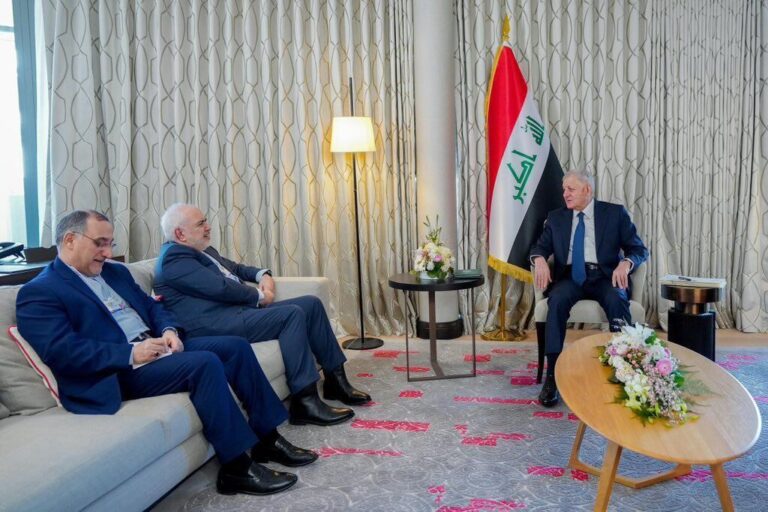
Iran’s Zarif Engages in High-Level Talks with Iraq’s President in Switzerland
During the Davos 2025 event, Iran’s Vice President Mohammad Javad Zarif met with Iraqi President Abdul Latif Jamal Rashid in Switzerland to strengthen Iran-Iraq relations. Their discussions focused on promoting bilateral ties and cooperation across sectors such as environment, energy, economy, and security. President Rashid highlighted the importance of enhancing regional relations for mutual stability and security. Zarif reaffirmed Iran’s commitment to fostering ties with Iraq, emphasizing that the progress and welfare of both nations are priorities. This meeting underscores a shared intent to deepen collaboration amidst the ongoing World Economic Forum, themed “Collaboration for the Intelligent Age.”
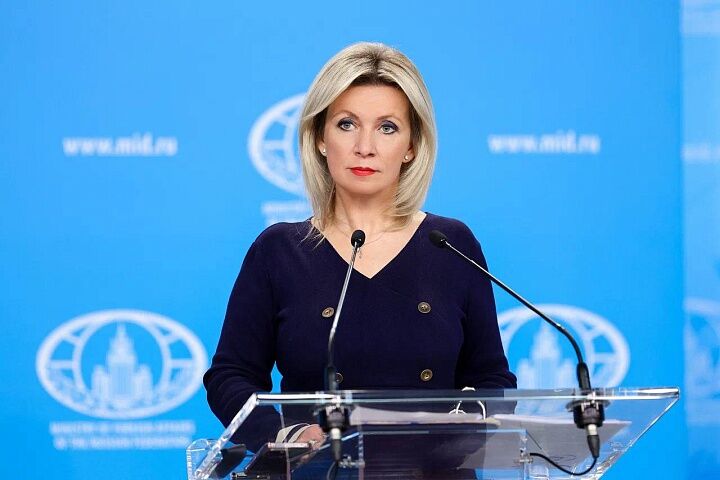
Russia Challenges E3’s Ability to Legally Reinstate Sanctions on Iran: Exclusive Insights
Russia has declared that Britain, France, and Germany (the E3) lack the authority to “snap back” sanctions on Iran due to their failure to comply with U.N. Security Council Resolution 2231, which supports the stalled nuclear deal. Russian Foreign Ministry spokesperson Maria Zakharova emphasized that the snapback mechanism is only valid if Iran is the initial violator. She criticized the E3 for their actions that undermine the resolution and highlighted the impact of the U.S. unilateral exit from the Joint Comprehensive Plan of Action (JCPOA) in 2018. The resolution will expire in October 2025, ending the snapback option.
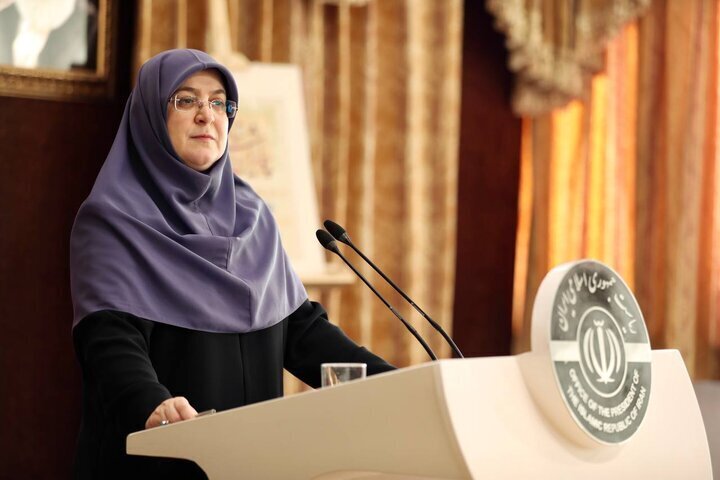
Iran Demands Sanctions Relief in High-Stakes Talks with U.S.
Recent Iran-US nuclear talks have shown notable progress, characterized by a constructive atmosphere. Iranian officials, including Foreign Minister Abbas Araghchi, have engaged in indirect discussions mediated by Oman. Mohajerani stated that Iran is focused on national interests while pursuing these talks, aiming to reduce tensions and establish groundwork for future technical discussions. The second round of talks in Rome resulted in a “better understanding” of key principles, with expert-level discussions planned for April 23 and a high-level round on April 26. Despite optimism, Araghchi cautioned about the limitations of the 2015 JCPOA, emphasizing the need for careful negotiation.
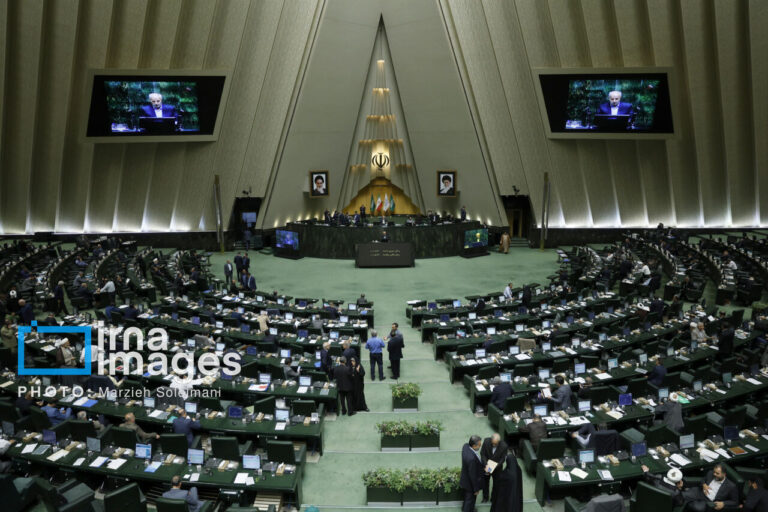
Iran’s Historical Claims: Lawmakers Champion Geopolitical Rights Over the Persian Gulf
Iran’s Parliament has reiterated the country’s historical and geopolitical rights over the Persian Gulf, following concerns about U.S. President Donald Trump’s potential misnaming of the waterway. Ahmad Naderi, a parliamentary member, emphasized the Persian Gulf’s significance, stating it is a “God-given” region. The parliament’s declaration affirmed that the name ‘Persian Gulf’ is a legitimate historical fact, not acquired through invasion. Foreign Minister Abbas Araqchi criticized attempts to politically misname the Gulf, viewing them as hostile to Iran. The Iranian government condemned these actions, reflecting its commitment to preserving national identity and sovereignty over the region.